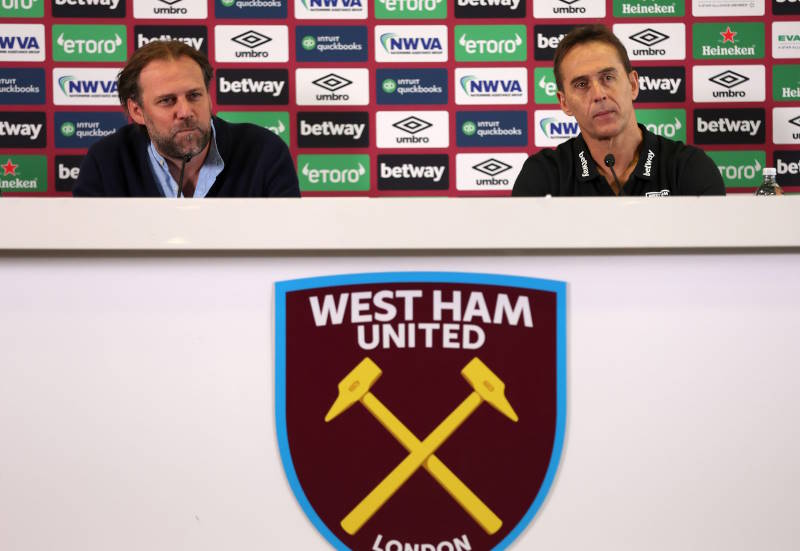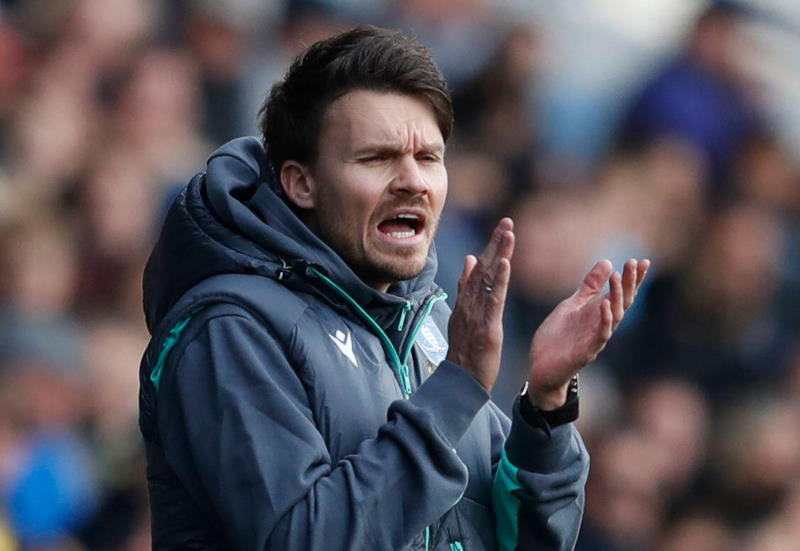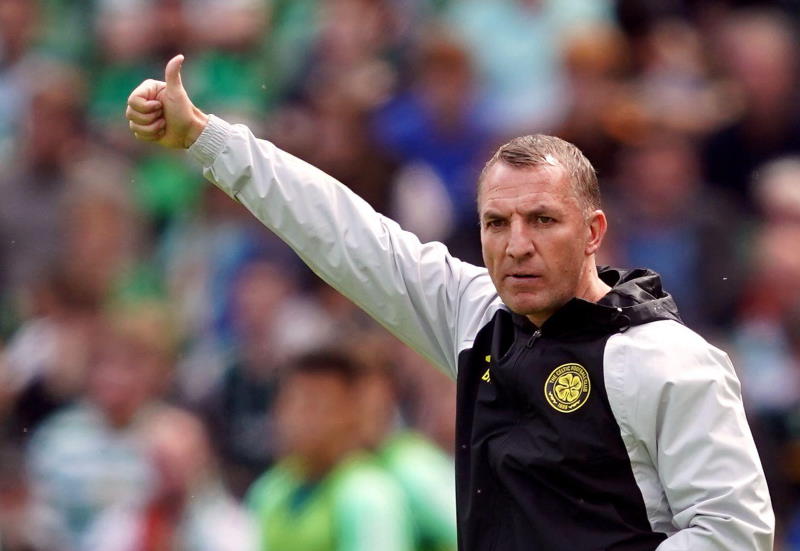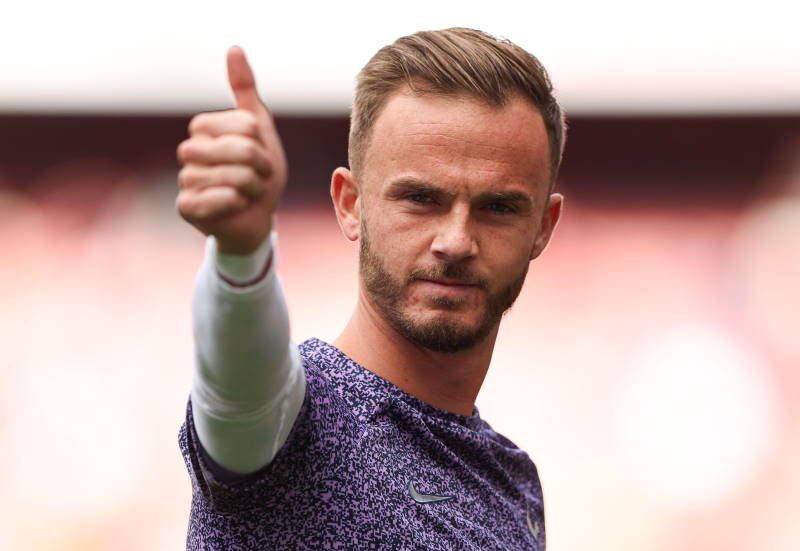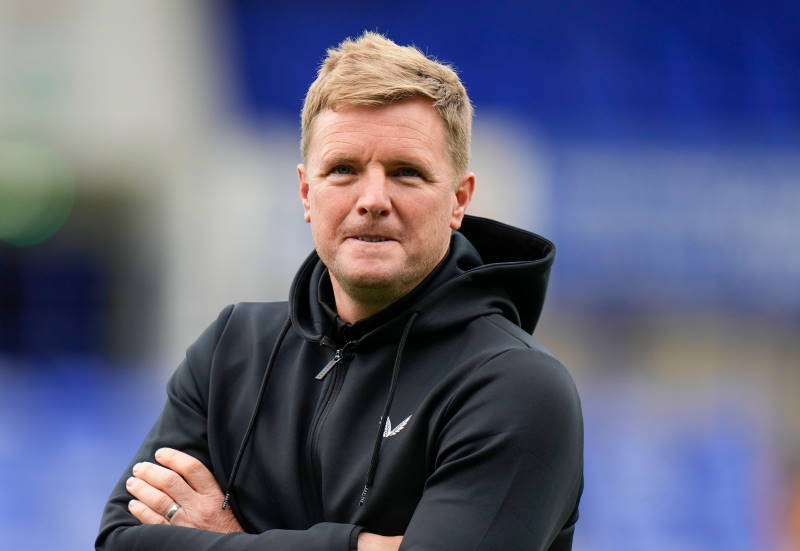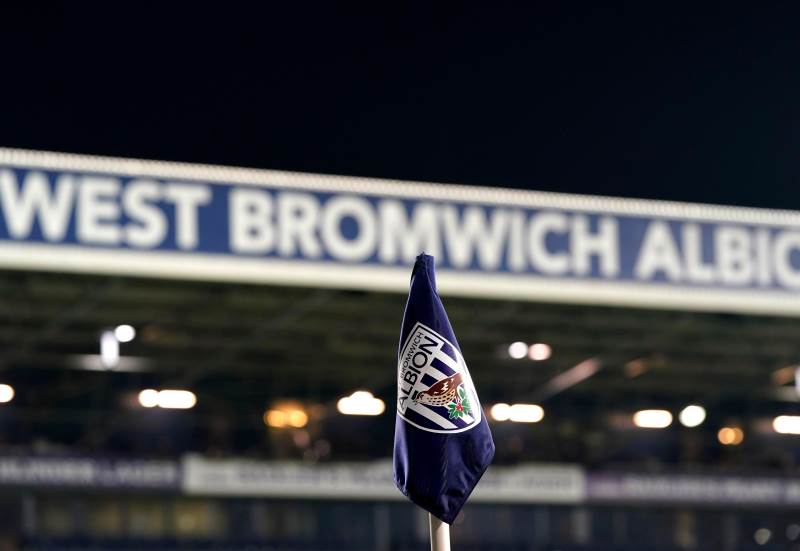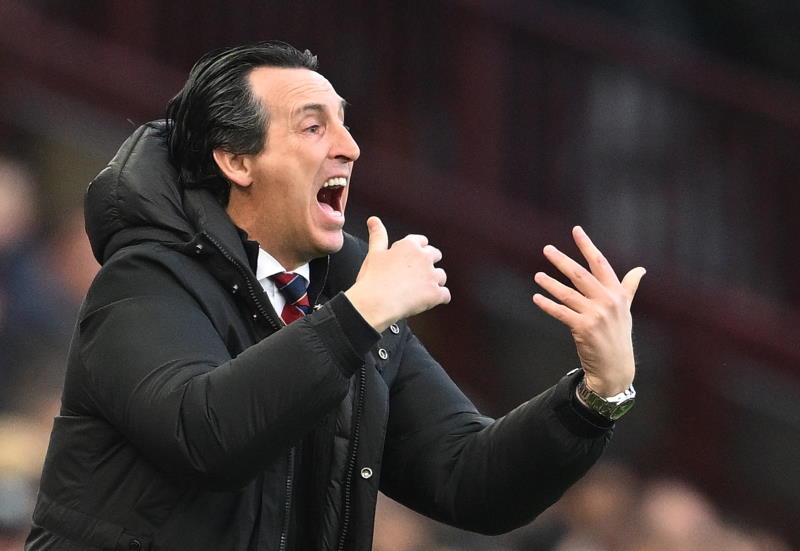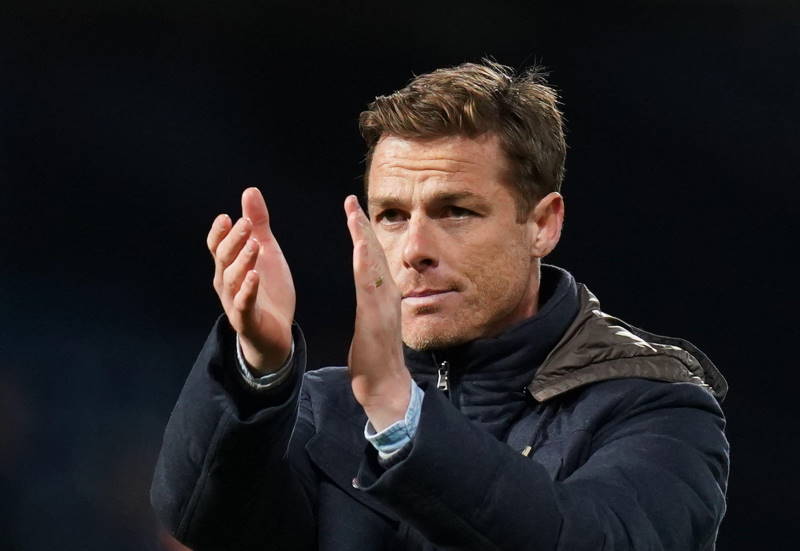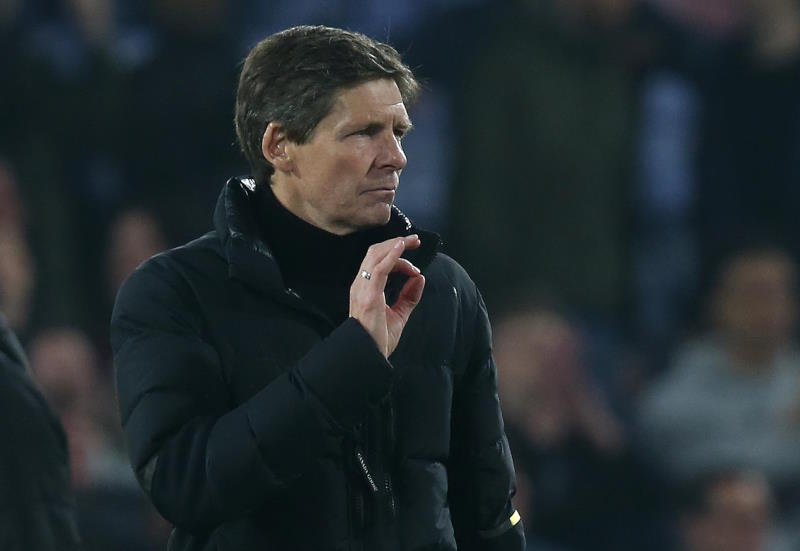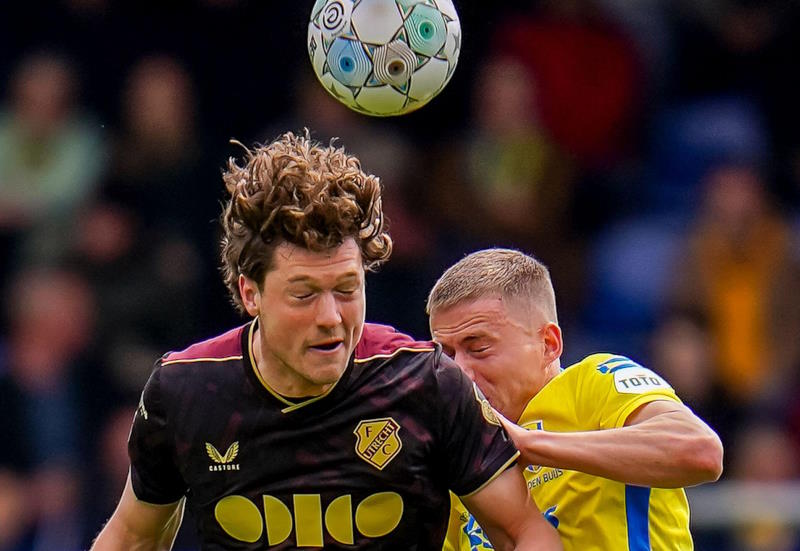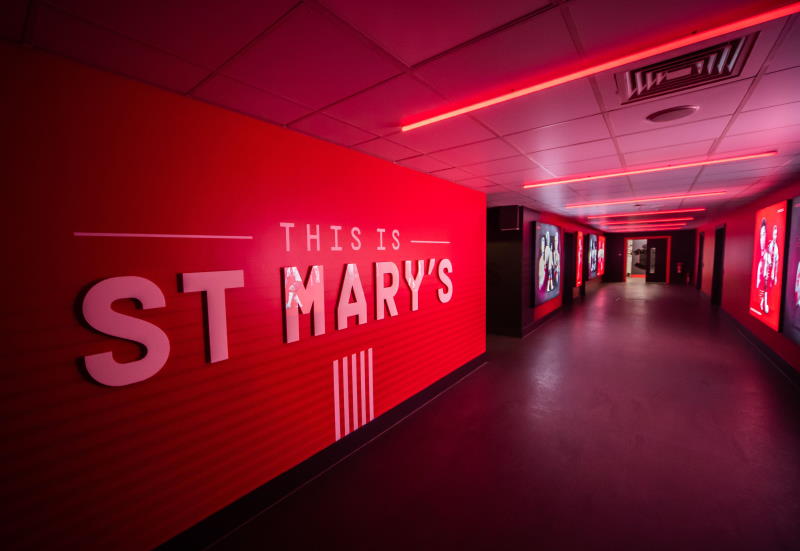
Hassan Chamas
I have been accustomed over the past seven years to having to sit down, shut up, and be taunted over a team that, despite boasting an unprecedented nine European Cups, have made a habit of crashing out of the Champions League Round of 16 stage ever since Fernando Hierro lifted the big-eared trophy back in 2002.
And yet, every year has been touted as the one where Real Madrid would break that jinx and win that elusive “Decima”. And with this year’s final taking place at the Santiago Bernabeu, Florentino Perez splashed €254M to make sure that his team would live to be crowned 2009/10 Champions League winners. Now we all know that won’t be happening.
The Madrid press has this marvellous, frightening way of pumping up the hype in the minds of its readers. Forget that Real Madrid have seen their Champions League seasons halt in March for the past seven years. Forget that they have never managed to beat Olympique Lyonnais in recent memory. All it took was a Rafael van der Vaart winner on Saturday night against Sevilla to inspire that much-needed – yet largely erroneous – self-confidence in the spirits of Madridistas worldwide.
Going into the game, many viewed the whole match as pointless, citing that it was a de-facto matter, and that Real Madrid were sure victors after their epic comeback against the Andalucians. Indeed, things did seem that way when Kaka got the first chance of the night with a mere 13 seconds gone, and with Cristiano Ronaldo opening the scoring in the sixth minute.
But what Los Blancos failed to realise is that an official football match lasts for 90 minutes, not 45. With the home team failing to capitalise on a multitude of chances it was practically a certainty Lyon would retaliate. In the end, it was Miralem Pjanic who levelled things for Claude Puel’s team, and with it, ended Los Merengues’ dreams of a final on their own turf.
Nonetheless, with Manchester United simply dissecting AC Milan, a side that Real Madrid failed to beat on both occasions, the questions do really pose themselves: Why did the side that actually has Cristiano Ronaldo encounter more difficulties than the team who used to own him? Were Real Madrid ever serious contenders?
Anyone who believed that the club did not consider Europe’s blue ribbon competition as its main objective would be quite simply wrong. When Perez assumed control of the team last June, his goal was to bring his team back to the continental podiums.
Perez’s common sense and that of the Madrid media would say that coach Manuel Pellegrini should hand-in his resignation. He did, after all, fail in the task he was assigned. But can someone really expect a new coach, with no less than eight new arriving faces at his disposal, to clinch the Champions League?
The feat seems plausible at first, but quickly fades away once one considers the stipulations involved: To win the European Cup, a team needs to display a structured and disciplined showing, keeping in mind that the tiniest of gaffs could be their last.
Madrid have looked good in the league this season, in a system that requires less consistency than that of UEFA’s knockout tournament. So far, Pellegrini has done a fabulous job in shaping them from the flashy individuals to the cohesive unit that they should be in order to win the big competitions. Perez might have bought the players, but he did not craft the team.
Real Madrid have still one more war to wage, and that’s the Primera race. Clinching a 32nd accolade won’t probably save Pellegrini’s job at the end of the season, as his fate seems to have been decided already. However, rumour has it that Florentino Perez is a changed man after his previous stint at the Bernabeu offices, and could even keep his coach should he come up with the goods. For now though, Real Madrid’s redemption starts this Sunday against Valladolid.
Related Articles:
- – Argentina and Real Madrid Thankful for Higuain
- – Chelsea’s Top 10 Signings of the Abramovich Era
- – Top Five Spanish Stars of Tomorrow

